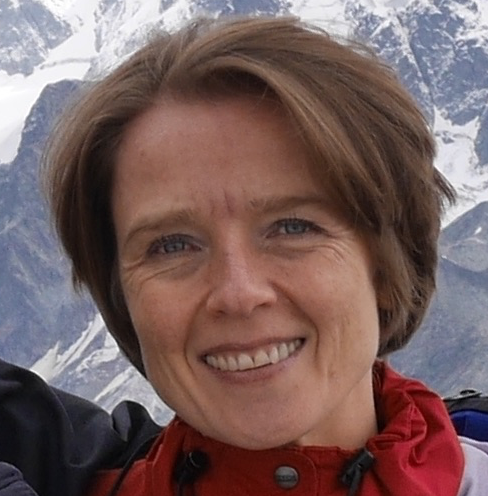GE333 Germany and the Holocaust: Interpretations and Debates
| Module Code: GE333 |
|---|
| Module Name: Germany and the Holocaust: Interpretations and Debates |
| Module Coordinator: Dr Christine Achinger |
| Not running 2024-25 |
| Module Credits: 15 |
Module Description
This module considers the rise of National Socialism, Nazi racist and anti-Semitic ideology, the gradual development of social exclusion, persecution and finally the murder of the Jews of Europe and the system of the camps and its integration into German society, also looking at related historical events like Nazi 'Euthanasia' (the murder of disabled people) and the ‘War of Extermination’ in Eastern Europe. We will also briefly touch on more general issues of Jewish history, the relationship of antisemitism, racism and colonialism, and on debates around antisemitism today.
Lectures will mainly serve to introduce key historical events and developments, illustrated by a range of different documents such as propaganda posters, laws, regulations and decrees, speeches, the minutes of meetings of the Nazi leadership, maps and photographs, eyewitness accounts and documentary film. Group work on these documents will be integrated into the lecture and students will be expected to have prepared the material beforehand.
Seminars will investigate central points of debate between different historical interpretations of these events and consider general problems of understanding of complex historical processes. Each seminar will be based on group presentations of the seminar reading; each small group will have to prepare comments on an aspect of the seminar text for each session.
Topics
include: the history of racial and antisemitic thinking; everyday life in Nazi Germany and reasons for active or passive popular consent; the motivation of the ‘ordinary’ perpetrator; the role of antisemitic ideology; Intentionalism (focusing on Hitler’s role and intentions) and Functionalism (focusing on the dynamic engenderd by tensions within the National Socialist machinery of power) as alternative explanations of the processes leading to the Holocaust; and the relationship between the Holocaust and modernity.
Delivery
This module will be taught through weekly 2hr mixed lecture and seminar sessions.
Assessment Method:
For 2023-2024:
3250-3500 word essay

